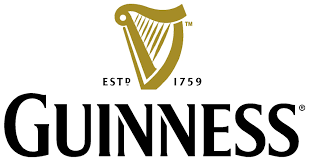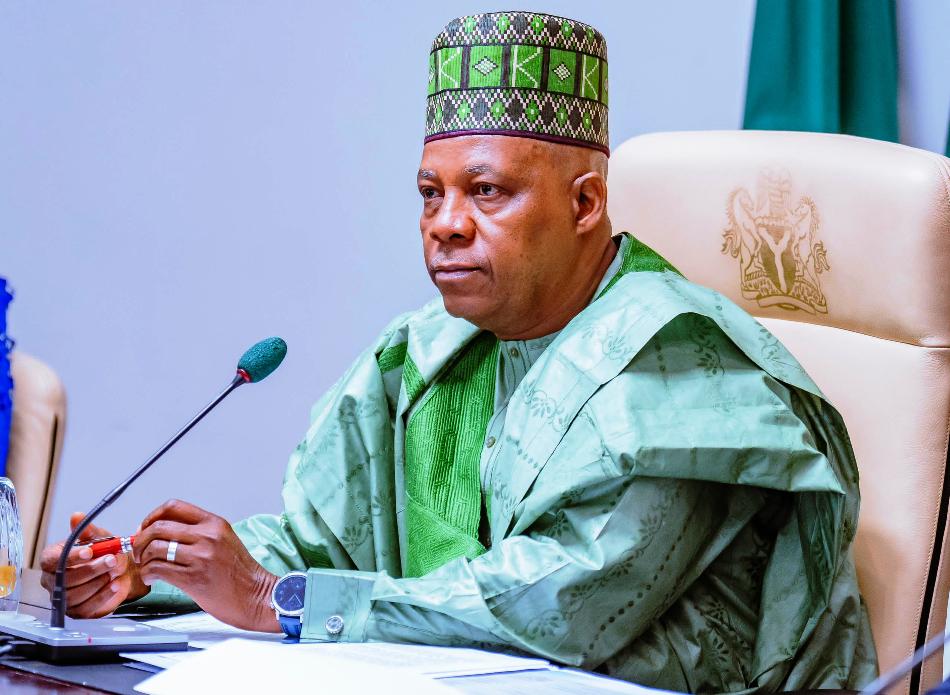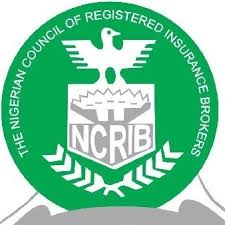Last week, Guinness Nigeria Plc announced that Tolaram Group acquired 58.02 percent of shareholding divested by Diageo, its ultimate parent company, in a deal which is expected to be finalised in 2025.
President Bola Tinubu had commended Tolaram Group for the expression of faith in Nigeria through the acquisition in a statement issued by his special adviser on media, Bayo Onanuga.
This is the latest in a spree of takeovers in the economy. According to Bloomberg, a local firm, the Fouani Group, operates a diaper and sanitary pad plant in a complex where Procter & Gamble Co. had closed a $300 million facility making the same products.
Lagos-based Fidson Healthcare Plc is expanding its manufacturing range after the UK’s GSK Plc closed its Nigerian distribution arm. Turkish diaper maker Hayat Kimya AS has also established itself in Nigeria.
Nigeria, with a population of more than 200 million, is Africa’s most populous nation, in theory presenting a huge market for consumer goods. However, rampant unemployment, widespread poverty and insecurity, a plummeting currency, sky-high inflation and decades of economic mismanagement have turned it into a graveyard for multinational consumer goods companies.
The naira has swung wildly in recent months and is down against the dollar over the past year, the most of any African currency. That’s made it difficult for companies that import goods and service foreign debts to make a profit as they struggle to pass on the necessary price increases to consumers. And while the central bank has now cleared a $7 billion backlog that companies were seeking to repatriate, the difficulty in doing so in recent years has made many businesses unsustainable.






